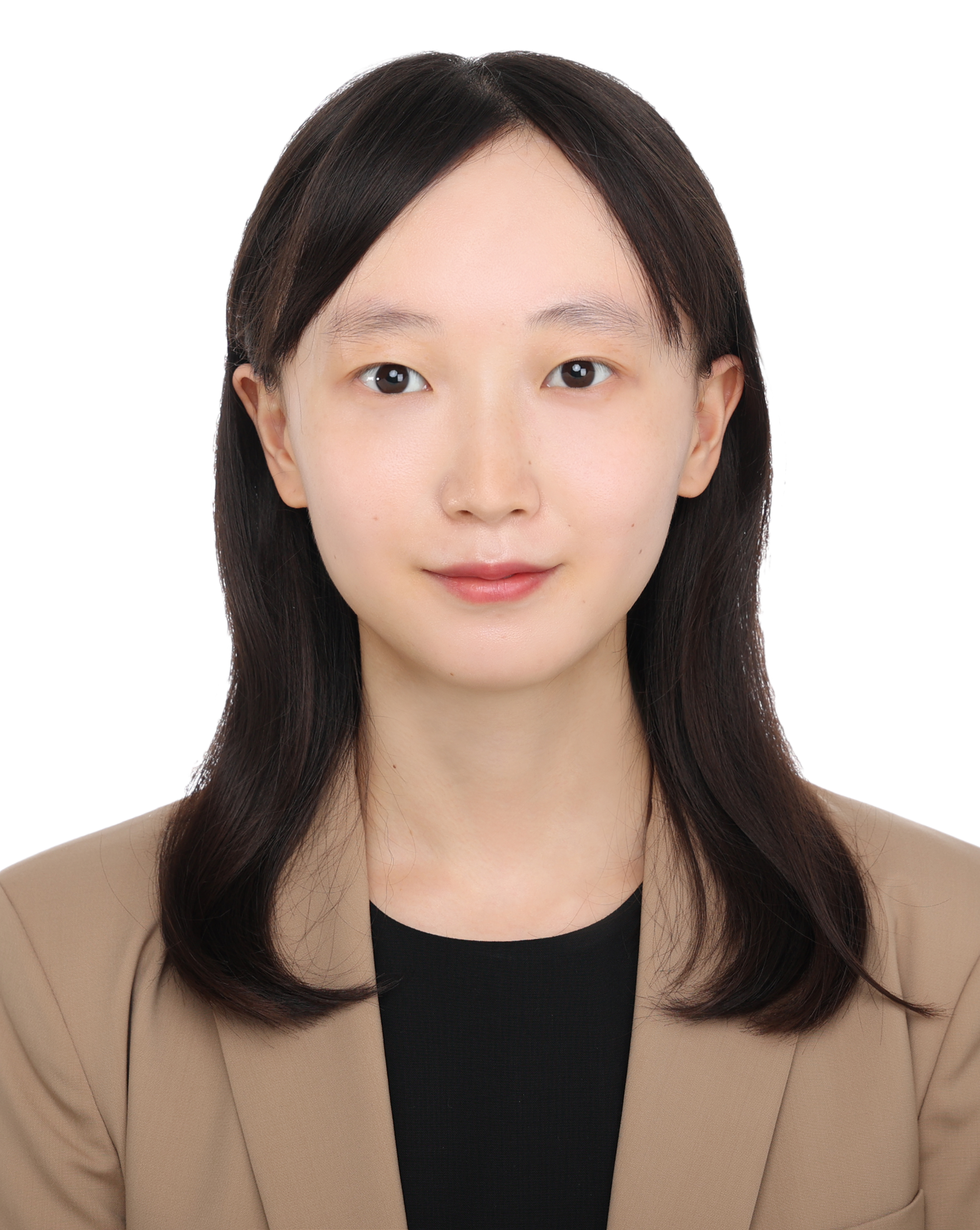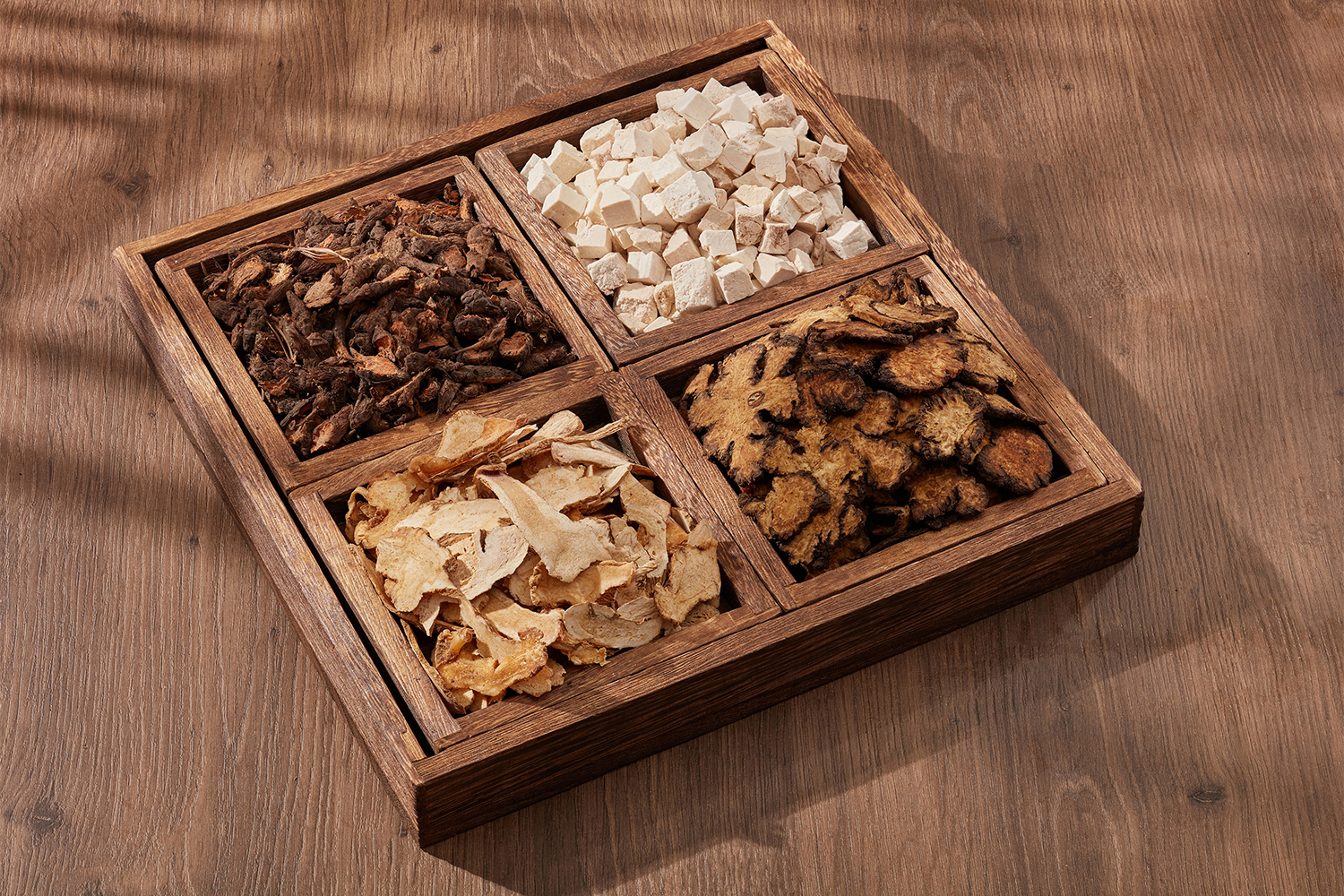Discover HKBU
Understanding and overcoming insomnia
30 Aug 2024
For those who have never suffered from insomnia, consider yourself a lucky person indeed. The anguish of lying awake for hours, willing oneself to sleep but to no avail, is something that many people struggle with. A common yet debilitating sleep disorder, insomnia takes a significant toll on a person’s mental and physical well-being, resulting in fatigue, difficulty in concentration and a weakened immune system just to name a few of its impacts.
If the ability to drift off to sleep effortlessly eludes you, do not lose hope. With promising efficacy and positive user experience, the use of traditional Chinese medicine (TCM) to treat insomnia has become a prevalent trend in recent years.
According to registered Chinese medicine practitioner Karrie Zhou Keyi, Assistant Lecturer of the School of Chinese Medicine, both herbal and non-herbal TCM approaches are used in treating insomnia. The treatment methods vary based on each person’s unique, underlying imbalances and symptoms.
In herbal medicine, if insomnia is caused by an overactive “Heart-Fire” or “Liver Stagnation”, the approach would be to restore one’s internal balance by cleansing the liver with specific herbal formulas. These include “Zhusha Anshen Wan,” (朱砂安神丸), “Longdan Xiegan Tang,” (龍膽瀉肝湯), “Huanglian Wendan Tang” (黃連溫膽湯) and “Baohe Wan” (保和丸).
However, if a person is suffering from a “Qi” (translated as “life force”) deficiency, the treatment calls for nourishing the heart and calming the mind. Commonly used medications include “Liu Wei Di Huang Wan” (六味地黃丸) combined with “Jiao Tai Wan” (交泰丸) and “Gui Pi Tang” (歸脾湯), “An Shen Ding Zhi Wan” (安神定志丸) combined with “Suan Zao Ren Tang” (酸棗仁湯). People suffering from insomnia may consult Chinese medicine practitioners to seek advice on the use of appropriate herbal formulas according to variations in their symptoms and body constitutions.
Non-herbal treatments include acupuncture, cupping therapy, ear acupressure, thread embedding at acupoints, and scalp tuina. The goal is to induce sleep and restore the balance of the energy flow in the body by stimulate the right acupoints.
“TCM treatments have fewer side effects, a lower risk of drug dependence, and can be used in conjunction with modern medical treatments. The focus of TCM treatments is its personalised approach and for insomniacs seeking help, but the time to see improvement varies among individuals, based on their unique constitution. Some may require more time to see significant progress, while others may experience rapid improvements. In fact, some patients may notice improvement after just one or two treatments,” highlights Ms Zhou.
Ms Zhou cites the case of stroke patients who experience insomnia, likely due to their depressive emotions after suffering from a stroke. Through the use of acupuncture and Chinese herbal medicine, with a specific focus on rehabilitation and the management of their daily symptoms, most patients reported enhanced sleep quality following the first or second treatment, and improved sleep management over time.
“Children can also develop insomnia and we have a particular treatment approach for children, called Chinese pediatric massage. A non-invasive alternative to conventional Western medicine, Chinese pediatric massage can treat many pediatric diseases, including insomnia, cough, dyspepsia, allergic rhinitis, diarrhea, constipation, and common colds and skin diseases. For children, this approach, which does not involve invasive needles and the consumption of Chinese herbal medicine with a bitter taste, is safer and more palpable,” Ms Zhou observes.
Treating insomnia often requires a multifaceted approach. Having healthy sleep hygiene, managing stress and other psychological triggers to insomnia are just as important. At the end of the day, what matters most is keeping the best interest of the insomniac friends at the heart of each approach. For those striving for sustainable, improved sleep quality and overall well-being, the synergy of a comprehensive TCM and cognitive approach may well be the much needed elixir.

